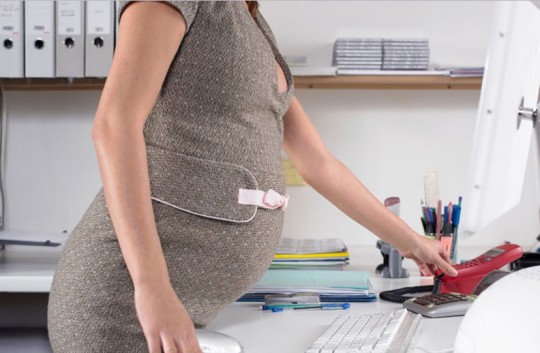 Last week the government set out its legislative plans for the year, through the usual medium of writing a speech and getting the reigning monarch to read it out.
Last week the government set out its legislative plans for the year, through the usual medium of writing a speech and getting the reigning monarch to read it out.
This, then, is the Queen's Speech. It seems a bit odd to me that someone who has nothing to do whatsoever with the contents and can't even legally enter the House of Commons, give voice to this. But there you go. It is one of those peculiar British things and gives this country its unique flavour. I also suspect that these are the sorts of things that result in literary and comedy classics such as Shakespeare and Monty Python.
Some of the Queen's Speech is directed at families. So here's what was said, and a bit more about what the government intends to do to interfere, I mean help assist, in our lives in the future.
 Flexible Working
Flexible Working
There are a number of points in the speech that impact on families, but this has the widest reach. It will affect all new parents. To put it simply the bill will allow mums to transfer some of their maternity leave to the child's father.
The current legislation allows for 12 months of maternity leave. Nine months of this can be paid, and the remainder unpaid. Employers are, of course, free to add on to this, and many allow for some payment up to the full year depending on length of service.
Dad's on the other hand are only legally entitled to two weeks paternity leave. More can be offered by employers, but this is optional.
The new legislation, which wouldn't come into effect until 2015 if it makes it through parliament unchanged, changes this. Mum's would get 18 weeks paid leave, while father's would get six weeks. That leaves 7 months and this can be divided between the parents.
You could choose, for example, to arrange it so that both mum and dad have six months off at the same time.
In reality it probably won't change things too much for most parents. The most likely determining factor is who earns more. For most families, this is still the dad, so it makes better financial sense for mum to stay off work longer.
For the women though who are the main breadwinners this is a major breakthrough. It allows them to go back to work earlier, if they want to, without having to either put a hold on their husband or partner's career, or use childcare earlier than wanted.
Families and divorce
There are also changes proposed that will impact on families when parents split up. The Queen's Speech announced the intention of the government to " strengthen the law to ensure children have a relationship with both their parents after family separation, where that is safe, and in the child's best interests."
How this will be achieved isn't so clear as yet. The government is to start a consultation process to see how the legislation will be framed, so any changes won't be happening any time soon.
Special Educational Needs
Children with special education needs (SEN) were also targetted in the speech. The government isn't planning a change so much as, what is described as, a major overhaul.
The SEN system will be extended to cover those up to the age of 25, when still in education. The current system of statements and assessments will be replaced by a single "simpler assessment process and (an) Education, Health and Care Plan".
Children's Commissioners
The Office of the Children's Commissioner (no, I didn't know there was one either) also benefits. It will be getting more independence, and some of the responsibilities currently being undertaken by Ofsted.
The office will also be responsible for assessing the impact of government policy on children. Now two things jump to mind here. First off, what on earth did the Commissioner do before then? And secondly, it is a bit like shutting the stable door after the horse as bolted. Most of the government policies that are going to impact children the most, like caps on housing benefits, education cuts, and healthcare reform, have already pushed through.
Still better late than never maybe?

 Flexible Working
Flexible Working














Comments